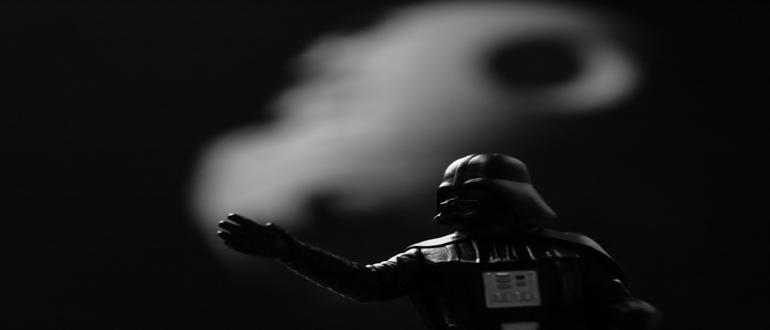
Walt Disney Co. and Comcast Corp.’s NBCUniversal have sued Midjourney, a generative artificial intelligence (GenAI) startup, for copyright infringement, charging the company’s website “displays hundreds, if not thousands, of images generated by its Image Service at the request of its subscribers that infringe Plaintiffs’ Copyrighted Works.”
The Hollywood studio giants claim Midjourney trained its AI image-generating models using copyrighted works to make “innumerable” copies of characters such as Darth Vader, Frozen’s Elsa, Shrek, and Minions from Despicable Me. Midjourney lets its more than 16 million users create AI illustrations using text prompts.
Much is at stake: The lawsuit pitting entertainment behemoths against an upstart GenAI company is likely to be a high-stakes litmus test around AI, the entertainment industry, and original content. While many studios want to make use of the technology, they’re concerned their creations could be stolen. What complicates matter is a recognition in copyright law that creativity can build on other works as long as it adds something new.
How the case gets resolved could have major implications for both AI and Hollywood, legal experts say.
“No litigation is ever a slam dunk, and that is true for Disney and Universal in this case,” Randy McCarthy, an expert on AI and copyright law, said in an email. “There are several issues such as terms of service provisions by Midjourney, and basic fair use analysis, that will need to be sorted out by the court before we can determine the likely outcome.”
The lawsuit, filed in federal district court in Los Angeles, referred to Midjourney’s “bottomless pit of plagiarism” in its AI-generated images that also include Disney characters such as Star Wars’ Yoda and Marvel’s Spiderman, the Incredible Hulk and Iron Man.
Disney Chief Legal Officer Horacio Gutierrez said AI “can be used responsibly as a tool to further human creativity” but “piracy is piracy, and the fact that it’s done by an AI company does not make it any less infringing,” he said.
Midjourney, a self-described “independent research lab” based in San Francisco with less than a dozen full-time employees, was not immediately available for comment. The company already faces a class-action suit led by artists including Kelly McKernan, a specialist in imaginative realism and pop culture watercolor paintings, who assert customers of Midjourney were inputting the artist’s name as a keyword to produce eerily similar art.
The lawsuit is likely to enflame an industry already warily eyeing the promise and pitfalls of AI. Two years ago, writers and actors went on strike demanding protections against the technology as it is increasingly used in films, TV, and video games. Indeed, two Academy Award-nominated films this year, “The Brutalist” and “Emilia Perez” used AI to alter voices.

